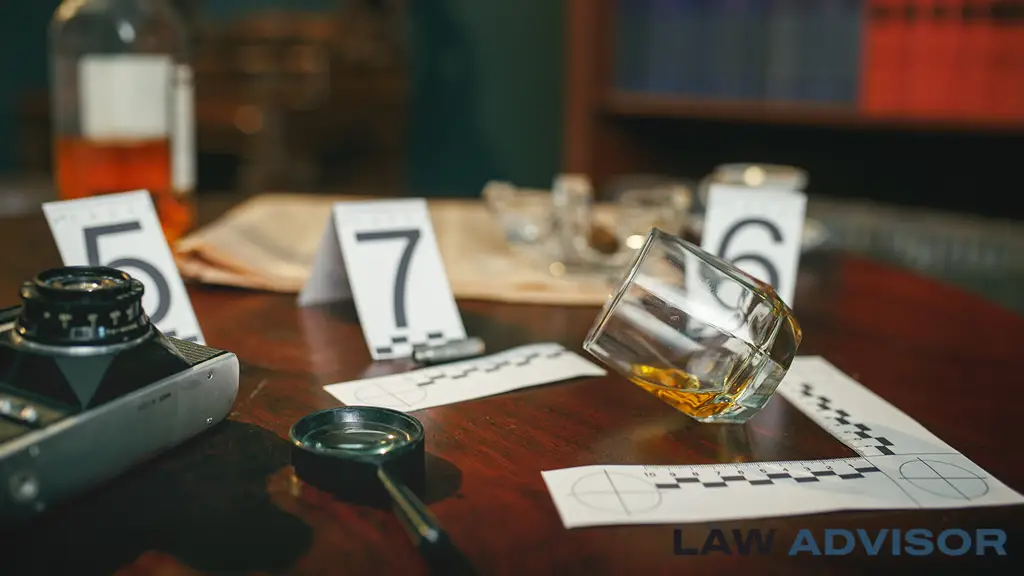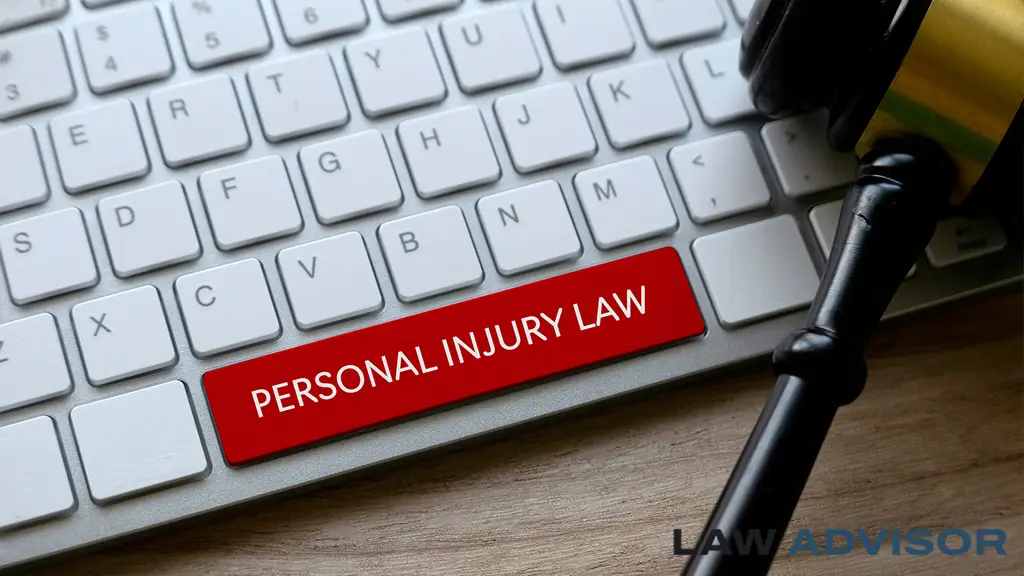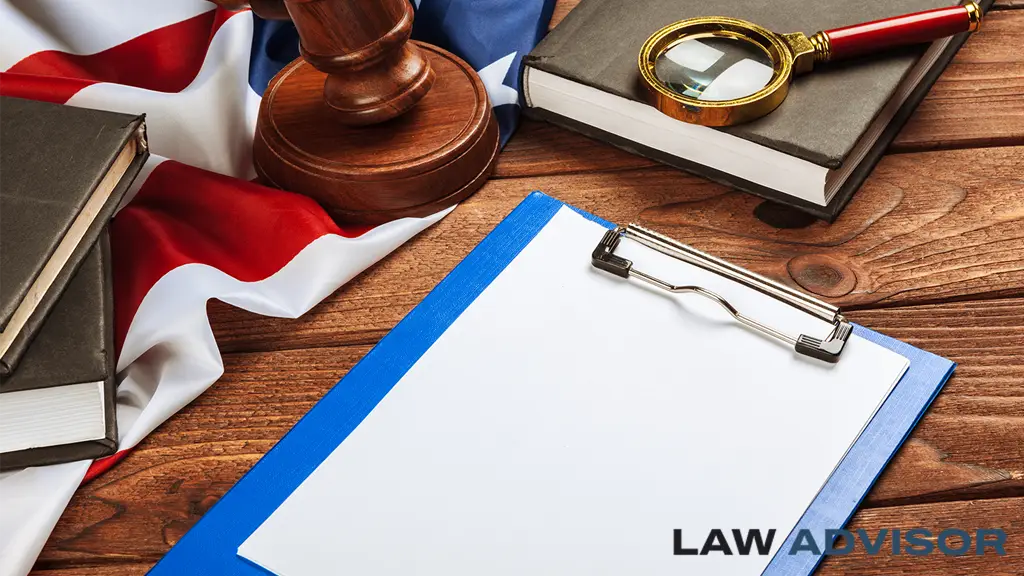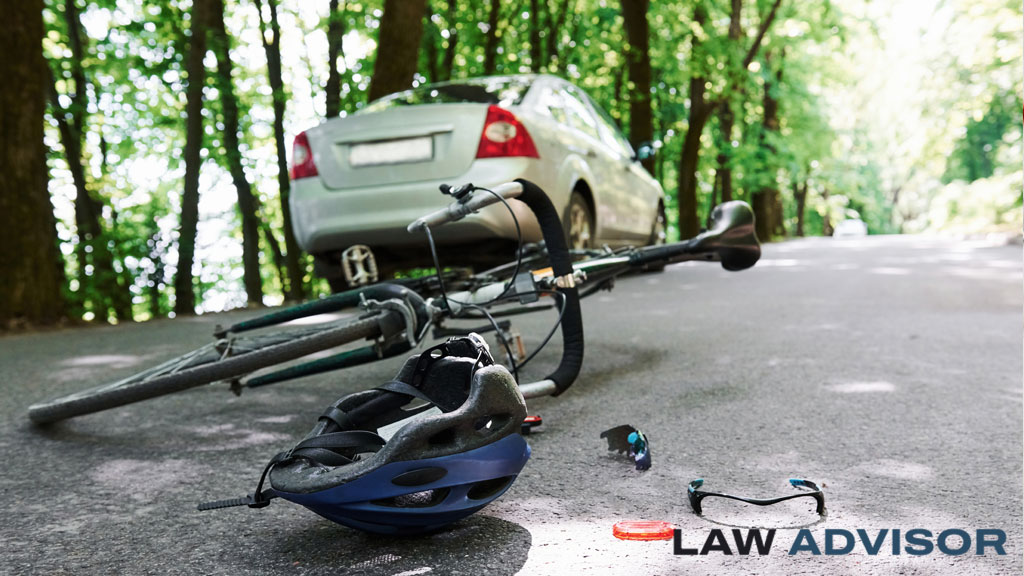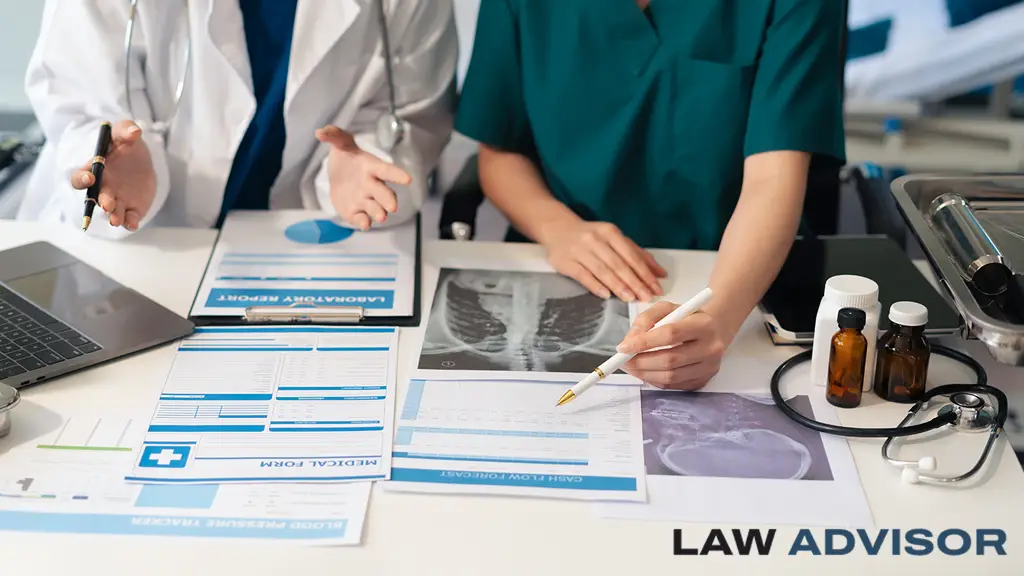Facing a criminal trial can be overwhelming. The legal terms, courtroom procedures, and fear of what could happen can leave anyone anxious and confused.
But knowing what to expect at each stage can help you feel more prepared, empowered, and in control.
In this guide, we’ll walk you through the entire criminal trial process, from jury selection to verdict, and explain your rights along the way—in plain English.
⚖️ What Is a Criminal Trial?
A criminal trial is a formal legal process where a person accused of a crime (the defendant) is tried before a judge or jury to determine guilt or innocence.
The purpose?
To decide whether the prosecution can prove beyond a reasonable doubt that the defendant committed the crime.
🧭 Step-by-Step Breakdown of a Criminal Trial
Let’s walk through each stage of a typical criminal trial in order:
1. Jury Selection (Voir Dire)
If it’s a jury trial (rather than just a judge), this is where the process begins.
- Both sides question potential jurors
- They look for bias or conflicts of interest
- Jurors are dismissed or accepted
🧠 Goal: Select an impartial jury to hear the case.
2. Opening Statements
- Prosecution goes first: They outline the charges and evidence they plan to present.
- Defense follows: They give their side, possibly explaining what evidence will show—or won’t show.
💡 Think of this as a roadmap for what’s to come—not an argument.
3. Presentation of Evidence (Prosecution)
The prosecution presents its case through:
- Witness testimony
- Physical evidence (photos, DNA, videos, etc.)
- Expert opinions
The defense can cross-examine each witness to challenge credibility and accuracy.
4. Motion to Dismiss (Optional)
After the prosecution rests, the defense may file a motion to dismiss if they believe the state hasn’t presented enough evidence to proceed.
- The judge can grant or deny this motion
- If denied, the trial continues
5. Presentation of Evidence (Defense)
Now the defense presents:
- Their own witnesses
- Physical or expert evidence
- Possible alibi or alternate explanations
👉 The defendant may choose to testify—but is not required to.
6. Closing Arguments
This is where both sides summarize:
- The facts presented
- How the evidence supports (or doesn’t support) guilt
- Why the jury should rule one way or the other
No new evidence can be introduced here.
7. Jury Instructions
The judge gives legal instructions to the jury, including:
- The burden of proof
- Legal definitions of the charges
- How to evaluate evidence
🧠 This helps jurors understand how the law applies to the case.
8. Jury Deliberation
- The jury goes into a private room to discuss the case
- Must reach a unanimous verdict in most criminal cases
- If they cannot agree, it may result in a hung jury (and possibly a retrial)
9. Verdict
- Not guilty: Defendant is free to go, case closed
- Guilty: Sentencing will follow (not always immediate)
If the defendant is convicted, they may appeal the decision.
10. Sentencing (If Guilty)
At a later hearing, the judge imposes a sentence based on:
- Sentencing guidelines
- Nature of the crime
- Aggravating or mitigating factors
- Victim impact statements (in some cases)
Sentencing could include:
- Jail or prison time
- Fines
- Probation
- Community service
🛡️ Defendant’s Rights During a Trial
Throughout the trial, defendants have important rights, including:
- The right to remain silent
- The right to an attorney
- The right to confront witnesses
- The right to a public and speedy trial
- The right to be presumed innocent
🧠 You May Wanna Check Out:
- What Is Probable Cause? Legal Definition and Examples
- How to Find the Right Criminal Defense Attorney
- Criminal Record Expungement: How to Clear Your Name
✅ Final Thoughts
Criminal trials can be complex, but they’re guided by clear rules designed to protect fairness and justice.
Understanding the process is your first step in building a strong defense, managing expectations, and protecting your rights.
If you’re facing a criminal trial, it’s crucial to have an experienced defense attorney by your side.

